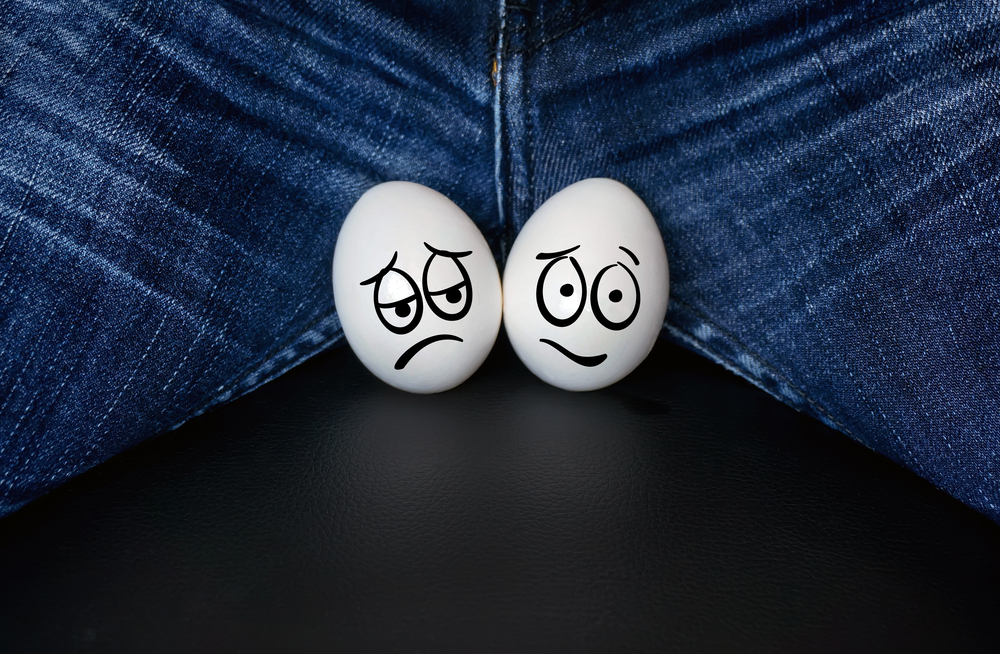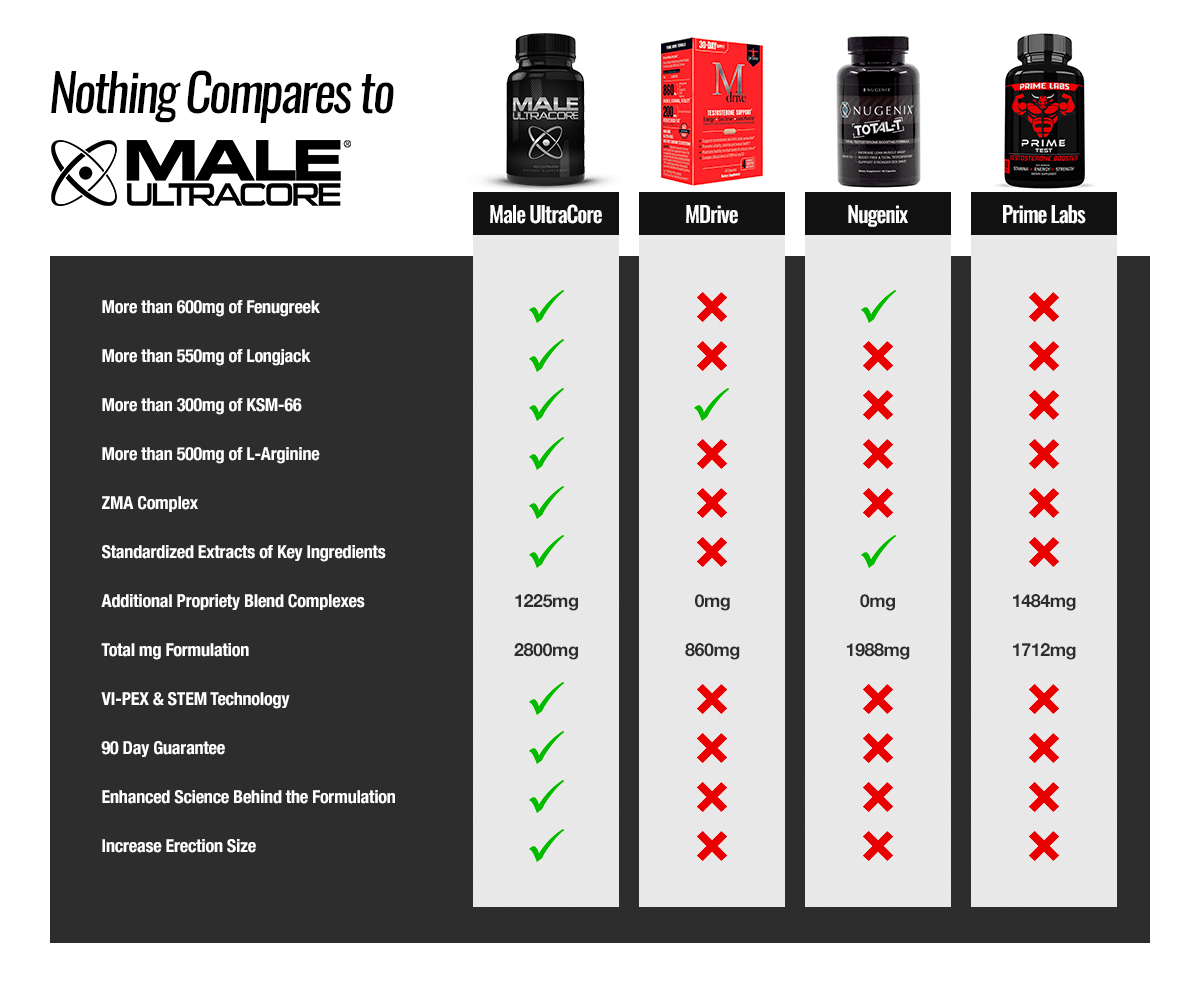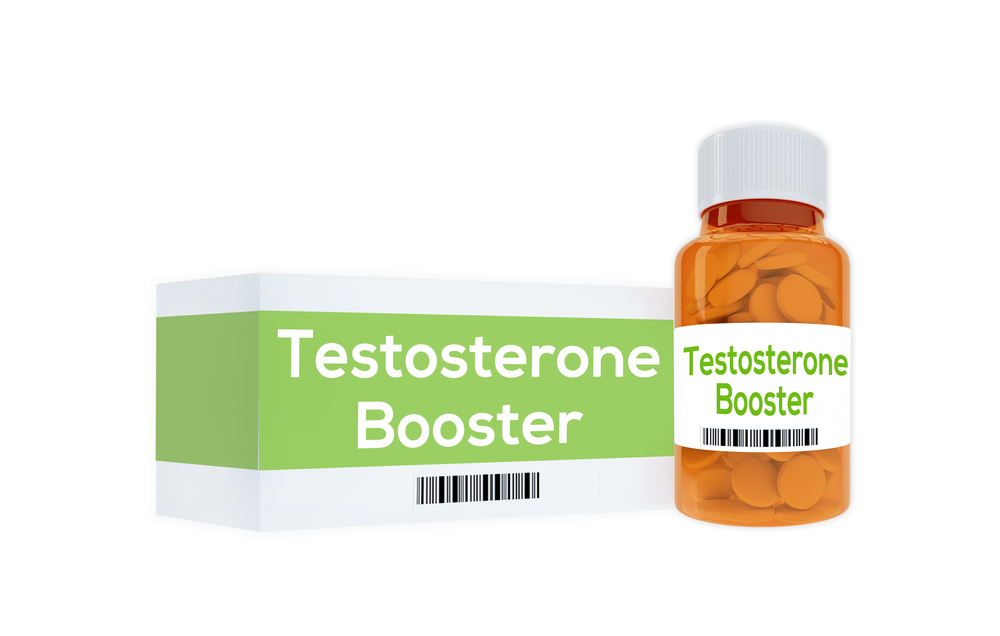When your testosterone levels drop below normal levels, you may experience signs, symptoms, and complications that can lower your quality of life. Known as the primary male sex hormone, testosterone plays a vital role in several bodily processes, including sexual and reproductive health, development of secondary sex characteristics, and bone and muscle building.
In men, testosterone is essential in carrying out a number functions, including:
- Libido or sex drive
- Body fat distribution
- Bone density
- Muscle strength
- Red blood cells production
- Sperm production
It helps in promoting mood and cognitive skills.
What happens if you have low testosterone?
Many men suffer from low testosterone because of a variety of factors. They may manifest different signs and symptoms, such as:
- Low libido
- Low sperm count
- Low sperm quality
- Erectile problems
- Muscle loss
- Bone loss
- Hair loss
- Increased body fat
- Reduced energy levels
Over time, low testosterone can lead to more serious health problems, including:
Infertility

This is a sexual health condition in which a man is unable to get his female partner pregnant. It is caused by a variety of factors, including not having enough sperm that has good structure and motility. If you have low testosterone, it will be difficult to produce high amounts of sperm that can successfully travel through a woman’s uterus and make fertilization happen.
Erectile dysfunction
This is a sexual health problem in which a man is unable to get an erection or maintain an erection hard and long enough for sexual intercourse. While it is more common in older men, it can strike any males, even those who are in their 20s. It is caused by different factors, including underlying health conditions, like high blood pressure, high cholesterol, and heart disease, and psychological issues, like stress, anxiety, and depression.
How is low testosterone diagnosed?
To know if your body’s testosterone levels are low, you should get a testosterone level test. In a testosterone level test, a sample of your blood is taken and sent to a laboratory for analysis. If your test results show that your levels are below the normal testosterone range, you have low testosterone and must undergo treatment at the earliest opportunity.
Measured in nanograms per deciliter, testosterone levels vary in men and women as they age. Below are the average values:
Men
- 0 to 11 years old: <7-130
- 12 years to 13 years: <7-800
- 14 years: <7-1,200
- 15 years to 16 years: 100-1,200
- 17 years to 18 years: 300-1,200
- 19+ years: 240-950
A healthy adult man’s testosterone levels are usually around 270 to 1,070 ng/dL. However, after the age of 30, his testosterone levels may begin to decline by about 1% every year.
Women
- 0 months to 9 years: <7-80
- 10 years to 11 years: <7-44
- 12 years to 16 years: <7-75
- 17 years to 18 years: 20-75
- 19+ years: 8-60
Compared to men, women produced much less amounts of testosterone. A healthy adult woman’s testosterone levels are usually around 15 to 70 ng/dL, and also gradually decrease as she ages.
What causes a decline in testosterone levels?
A drop in testosterone levels can be caused by different things, including:
Medications
There are certain medications that contain substances that may impair testosterone production and result to a decline in testosterone levels.
Tumors
The growth of tumors in and near certain bodily organs may negatively impact the production of hormones, including testosterone.
Injuries
Subjecting the testicles to trauma or extreme force may disrupt the blood flow and impede testosterone production.
Underlying health problems
There are many illnesses and diseases that can cause low testosterone levels. For example, if you have heart disease, diabetes, or kidney problems, many important bodily functions and processes may be impaired, including the production of testosterone.
To know what the cause of your testosterone problem is, you have to pay your doctor a visit. If you can you get a proper diagnosis soon, you can get the right treatment for it right away and prevent more severe complications.
What are testosterone boosters?
To treat low testosterone, you may look into taking testosterone boosters, which are natural supplements that can raise your body’s testosterone levels.
Nowadays, there are several kinds of testosterone boosters available. Some examples are:
Vitamin D

Testosterone boosters that contain vitamin D are great for the testosterone. Once absorbed by the body, vitamin D can stimulate testosterone production, and even enhance your sperm quality, sex drive, and other sexual functions. It is also good for bone growth and development, and the prevention of rickets, osteomalacia, and other disorders.
Aside from vitamin D supplements, you can also get your vitamin D needs from different kinds of foods, such as salmon, mackerel, tuna, soy milk, beef, eggs, cheese, oysters, shrimps, and mushrooms. You should also try to spend 15 to 20 minutes of your time outdoors to soak up the vitamin D that the sun naturally provides.
Zinc
Testosterone boosters that have high levels of zinc can be beneficial to your testosterone levels. An essential mineral, zinc plays a key role in over a hundred chemical processes that occur in the body.
There was a study that found that zinc and testosterone have a direct relationship with each other. At the start of the experiment, the testosterone levels of men with low zinc were noted. They were given zinc supplements for a certain time period. At the end of the study, their body’s zinc levels were not the only thing that increased, but also their testosterone levels. They also showed improved energy levels, sex drive, and sperm count.
Foods that are excellent sources of zinc are meat, legumes, shellfish, dairy, nuts, seeds, avocadoes, pomegranates, apricots, peaches, blueberries, and whole grains.
Dehydroepiandrosterone
Testosterone boosters that are loaded with dehydroeopiandrosterone or DHEA are vital to hormone management. Just like testosterone, DHEA is a hormone that is naturally produced by the body.
Various studies have found that increasing DHEA levels by 50 to 100 milligrams per day can raise testosterone levels by as much as 20%. Because it is not found in foods, you can get DHEA from supplements in the form of pills, tablets, capsules, and so on.
Increase Your Testosterone Levels with Testosterone Boosters
Male UltraCore is a premium testosterone boosting supplement that is designed to maximize test levels, increase your performance and drive, and give you harder and fuller erections. 





